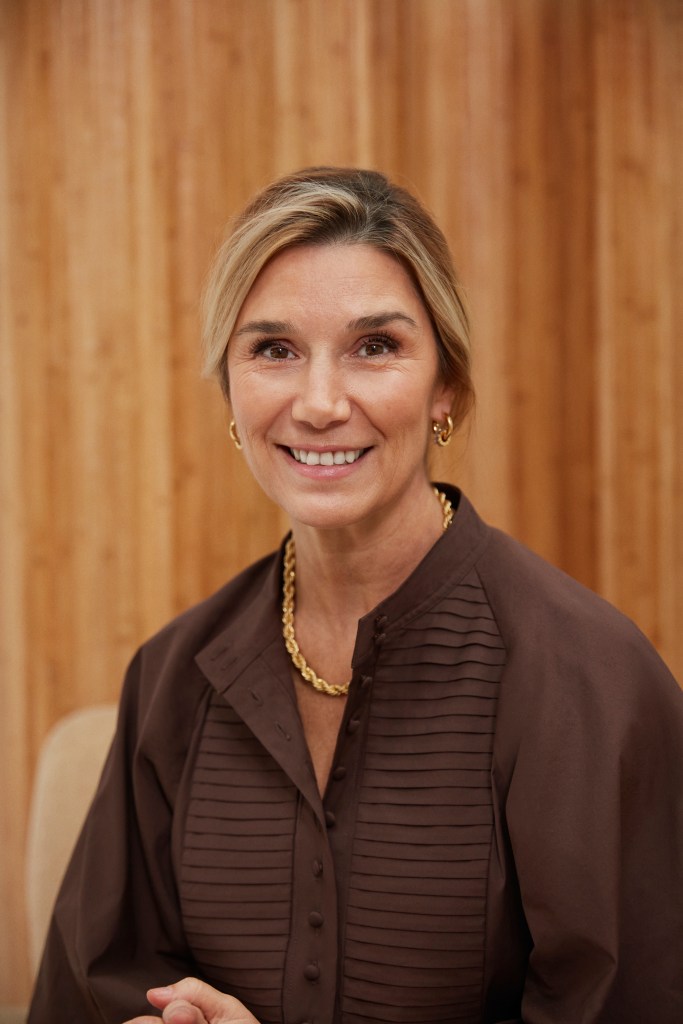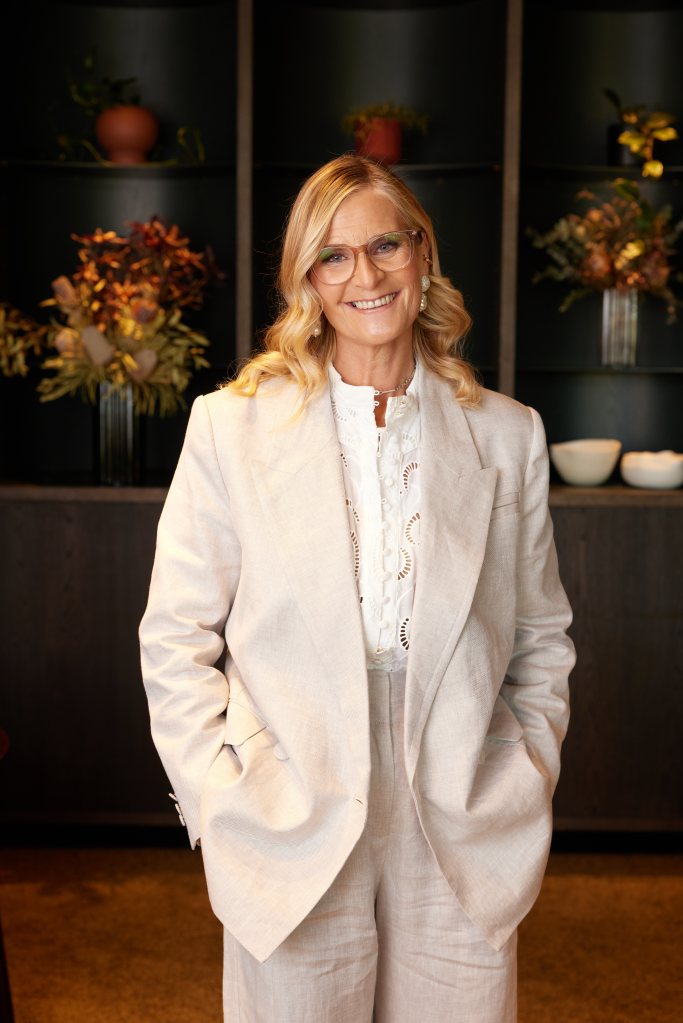Can an industry that is heavily reliant on trends and consumerism bridge the gap between innovation and commercialisation, making the fashion industry truly sustainable?
Key Takeaways
- Fashion accounts for 10% of global carbon dioxide emissions
- Country Road is offering grant funding to projects that aim to provide climate solutions to the fashion industry
- Country Road has a goal to reach net zero by 2040

Fashion, by definition, combines art and personal expression with a healthy dose of consumerism. Globally, the fashion industry is worth approximately $1.7 trillion. So as the impact of climate change continues to re-shape the way companies do business and what consumers want to buy – is the fashion industry up to the task?
The damaging environmental impact of the fashion industry is widely known. Today fashion accounts for 10% of global carbon dioxide emissions, more than international flights and shipping combined, according to the United Nations Environment Programme.
While a range of sustainable solutions are being created – such as recycling old clothing to make new products, investing in organic cottons and fibres, carbon-reducing technology and reforestation – a massive financing gap between innovators and major fashion companies makes large-scale implementation difficult.
Country Road managing director, Elle Roseby, says large fashion companies need to take the bull by the horns and invest in sustainability and innovation, while working with others from outside the industry to find new ideas. Last week the Australian brand announced a $1.5 million climate action fund. The fund will offer $1.5 million over three years – or a maximum of $500,000 a year – in grant funding to projects that aim to provide climate solutions to the fashion industry.
Roseby says Country Road – which has a goal to reach net-zero by 2040 – acknowledges that fashion “directly and indirectly contributes to the climate crisis”. She says that while there are many existing innovations targeting the fashion industry, may lack the financial backing to be rolled out throughout the industry. It hopes the fund will “bridge the financing gap”.
“As an iconic Australian brand, we feel it is our role to push boundaries and drive positive change from our products and partnership and stores. To achieve this, that purpose must be embedded into everything we do – it’s not a silo strategy, instead it is our business strategy and it needs to be embedded into decision making in all departments,” she says.
Melbourne Fashion Week, held earlier this month, proved that Australia is leading the way when it comes to having a sustainable fashion industry. The event itself, which was certified as carbon neutral, has runways showcasing green fashion, Indigenous-led fashion designs, conversation sessions on the circularity in fashion, to fashion recycling initiatives such as RCYL, ethical and cruelty-free pop ups and Wastefest – a space for designers to create garments from waste materials.
The Australian Fashion Council has created Australia’s first National Clothing Product Stewardship Scheme. The initiative aims to improve the design, recovery, reuse, and recycling of textiles, providing a roadmap to 2030 for clothing circularity in Australia in line with National Waste Policy Action Plan targets. In November the Federal Government announced a $1 million though the National Product Stewardship Fund.
“For Australia, even a 6.6% reduction in textiles going to landfill will represent the removal of a clothing pule the size of the Sydney Harbour Bridge,” Australian Fashion Council CEO Leila Naja Hibri says. “Government policies would aim to build and scale this industry, further reducing the impact of fashion and textiles on the Australian environment.”
Climate funds are a relatively new concept in the fashion business. Like Country Road, international companies such as US fashion department store chain, Bloomingdales in collaboration with the Fashion Institute of Technology, and luxury fashion house, Chanel, have chosen to invest in climate funds. Last year 2021, Chanel invested a whopping $25 million in the Landscape Resilience Fund from not-for-profits South Pole and the Worldwide Fund For Nature.

Dr Helen Crowley – the former head of sustainable sourcing innovation at French company, Kering – the owner of luxury brands Gucci, Saint Laurent, Bottega Veneta, Balenciaga, Alexander McQueen and Brioni – says climate funds allow companies to invest in leading innovative ideas on how to solve environmental issues.
Dr Crowley, who is currently managing director of climate advisory and investment company, Pollination, and a project advisor on Country Road’s Climate Fund and part of its assessment committee says Australian fashion retailers have the ability to be global leaders in fashion sustainability.
Dr Crowley says what makes Country Road’s fund different is its four-pillar approach, which focuses on supporting multiple approaches – from biodiversity to innovation and technology and supporting indigenous peoples’ business ideas. She also says the power that fashion has in society should not be underestimated.
“The power of fashion to tell a story, set a trend, to help people identify with what they’re wearing and their contribution to a greater good – to a better world. There’s a real power that the sector has to make a lot of change very fast.”
It is not the first time Country Road has been involved in a sustainability project. It works with the likes of Oritain – where it can scientifically define the origins of its fibres – to Landcare Australia, where it works with farmers to revegetate its land and improve biodiversity outcomes for their crops.
Country Road’s Climate Fund application deadline is Thursday December 1, with grant recipients announced in April 2023.